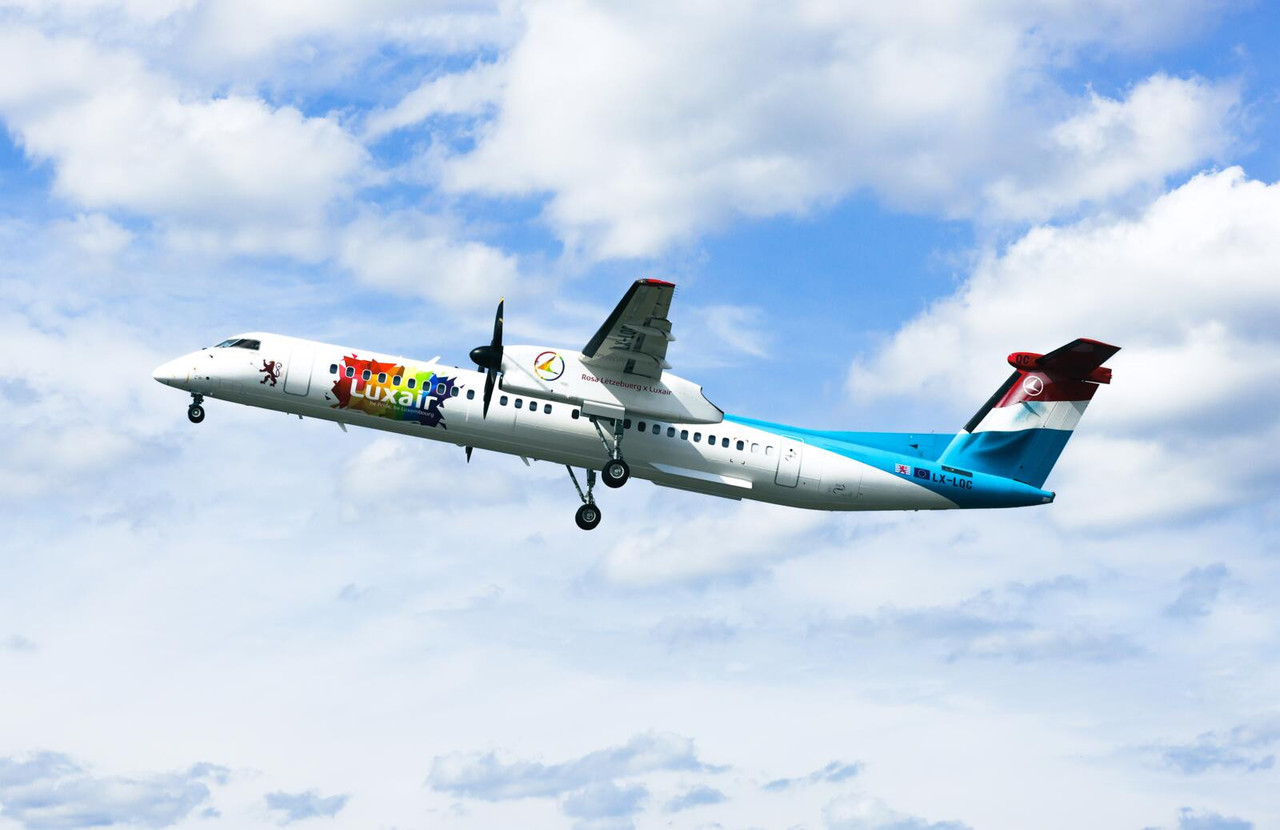The human resource firm surveyed 5,944 companies and 163,000 participants worldwide, and on 18 July published the results for the grand duchy.
Luxair placed first, ahead of CFL, Spuerkeess, and Post Luxembourg. In 2021, Luxair had placed second, behind CFL. Spuerkees, Post group and Cargolux retain their previous rankings, while Banque de Luxembourg fell from 6th to 7th place.
Higher demands from employees
With available in Luxembourg in May 2022, employees have more power to be critical of the employers they want to work with. The companies were ranked based on four criteria: salary and benefits, job security, work-life balance and a healthy company culture.
Nearly half of respondents (49%) stated they would like to work for Luxair, based on its very good reputation, interesting job content and attractive salaries. CFL, Spuerkeess, Cargolux and the Post Group, however, were all chosen among others for the job security they offer. Like many airlines, Luxair struggled to recruit following the pandemic.
Transports and logistics in general were most popular among Luxembourg sectors (41%), compared to the finance sector (24%) and services (20%). CFL was attractive for 48.8% of participants.
Flexibility in managing the workday also seemed key for workers. 43% said that a more flexible approach would help improve their work-life balance. 34% also felt like they should be paid more, while 32% hoped for more targeted actions to improve well-being and mental health among staff.
41% of respondents also thought the option of remote work was key, an idea that a current
Loyal staff stays for salary and job security
In comparison to the global stage (16%), only 6% of Luxembourg staff had changed employers in the second half of 2021. 13% intended to leave their employer in the first half of 2022.
For both remainers and leavers, salaries, job security and work-life balance were arguments for their decisions.
The report also shows that 60% of employees thought personal career growth was important, especially for those younger than 35 years. Therefore, 58% claimed that they were more likely to stay with their employer if reskilling and upskilling opportunities were available.
Employees afraid of losing their job were planning on changing their jobs (39%), a higher rate than in 2021. Women (7%) were also more likely to fear losing their job than men (5%).
Job seekers tended to find new job opportunities through personal connections (29%)--though this decreased compared to 2021’s 40%--job portals (24%) and spontaneous applications (18%).
